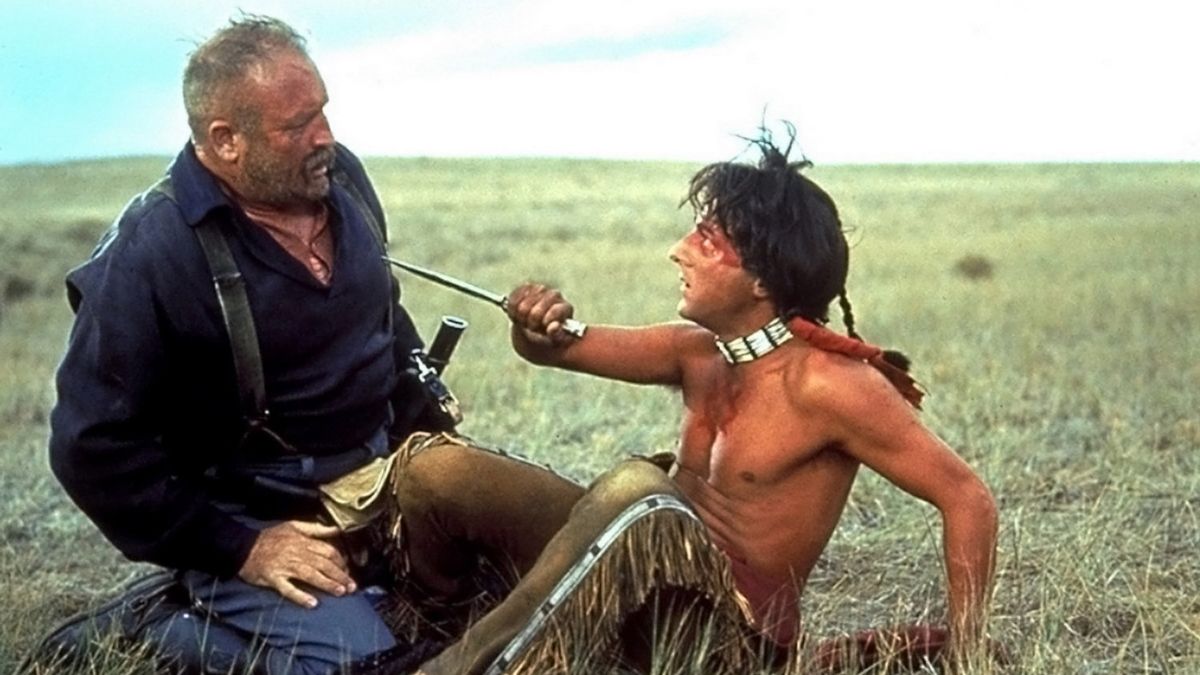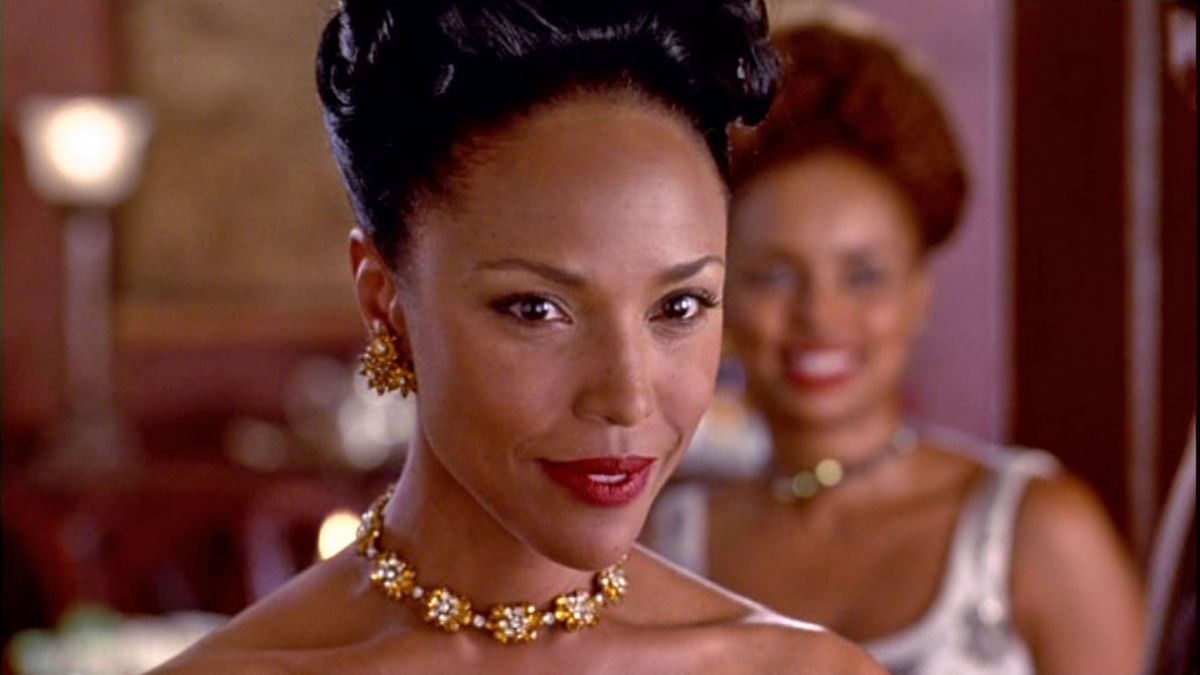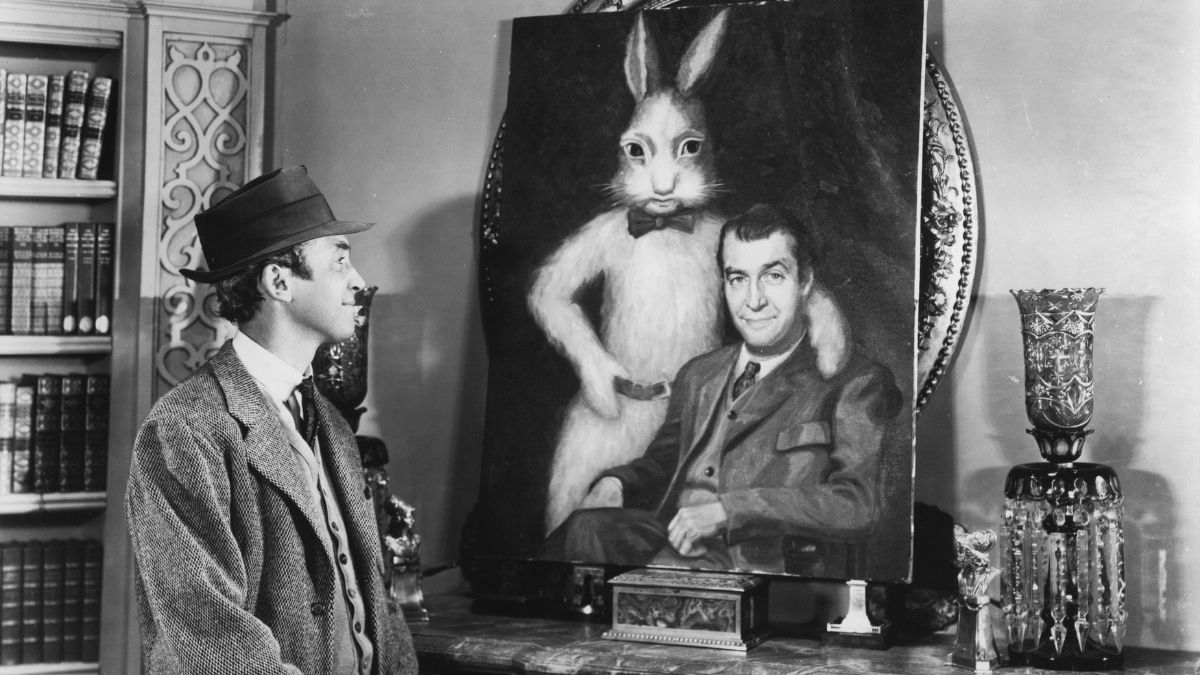Jude Law Monologues
Thomas Wolfe Monologues
Some books are supposed to be long, you know! Thank god Tolstoy never met you. We'd have that great novel "War and Nothing".
Who better to talk to? The man who created something immortal. More and more I trouble myself with that. "The legacy." Will anyone care about Thomas Wolfe in 100 years? Ten years? When I was young, I asked myself that question every day.
Dear Max, I've got a hunch, and I wanted to write these words to you. I've made a long voyage and been to a strange country, and I've seen the dark man very close. And I don't think I was too much afraid of him. But I want most desperately to live. I want to see you again. For there is such an impossible anguish and regret for all I can never say to you, for all the work I have to do. I feel as if a great window has been opened on life. And if I come through this, I hope to God I am a better man and can live up to you. But most of all, I wanted to tell you, no matter what happens, I shall always feel about you the way I did that November day when you met me at the boat and we went on top of the building and all the strangeness and the glory and the power of life were below. Yours always, Tom.
I'm sorry I'm not decent enough for your fine dinner parties and your fine friends, but before you drag me out to the wood shed, I think you ought to look at who is giving the lesson. Am I supposed to grow up like you?
To hell with Flaubert and Henry James.
Well, I'm sorry I'm not decent enough for your fine dinner parties and your fine friends. But before you drag me out to the woodshed, I think you ought to look at who's giving the lesson. Am I supposed to grow up like you?
The last time I saw my father, I was standing as a train window, when I went north to college. He just got smaller and smaller as we pulled away, until I couldn't see him anymore. That train carried me to my life; beyond the hills and over the rivers. And always the rivers run. Sometimes they flow away from my father, and sometimes they flow back to his door. I have to prove I can do it by myself.
Scott! I know it was a while ago but I'm sorry. I was a damn brute. I wouldn't blame you for slamming the door in my face. You don't know how sorry I am for talking to you and Zelda like that. Please, say you forgive me.
Vassili Zaitsev Monologues
On the train… coming here… we were in the same car.
I saw you. You were reading and you fell asleep. Oh, I didn't dare look at you, you were so beautiful. It was scary. Afterwards, I couldn't stop thinking about you. It made me smile. And then I thought of all the men who would get to hold you, who would make you laugh... how lucky they were. And now I'm the one lying next to you.
Sad to have a dream you know won't happen.
All these men here know they're going to die. So, each night when they make it back, it's a bonus. So, every cup of tea, every cigarette is like a little celebration. You just have to accept that.
On this day, September 20th 1942, a young shepherd boy from the Urals arrived in the city of Stalingrad on the banks of the Volga. His name is Vassilij Zaitzev. Like thousands before him he came to answer comrade Stalin's call. Armed only with a rifle, he quickly made the fascist invader realise that from now on he would be punished for every step he took in the motherland, that from here on the only way was back.
No! He'll kill you. He'll kill you and then I'll run after you and he'll kill me too. This is what he wants. I'll get him. I promise I'll get him. I'll get his rifle for you. I promise, Tania.
He doesn't know you exist, but at that moment you're closer to him than anyone else on earth. You see his face through the sign. You see whether he shaved or not. You can see whether he's married if he's got a wedding ring. It's not like firing at a distant shape. It's not just a uniform. It's a man's face. Those faces don't go away. They come back and they get replaced by more faces.
He didn't relocate. A sniper who doesn't relocate isn't normal. He was very good. It wasn't just his shooting, it was his instinct. He was a step ahead of me all the time.
We should carry on. We're not tired. Thank you, Mrs. Filipov. These people took the trouble to write to us. Tomorrow we might not be around to write back.
Autumn, 1942. Europe lies crushed beneath the Nazi jackboot. The German Third Reich is at the height of its power. Hitler's Armies are charging through the heart of the Soviet Union towards the oil fields of Asia. One last obstacle remains, a city on the Volga, where the fate of the world is being decided - Stalingrad.
Lemony Snicket Monologues
Dear reader, there are people in the world who know no misery and woe. And they take comfort in cheerful films about twittering birds and giggling elves. There are people who know that there's always a mystery to be solved. And they take comfort in researching and writing down any important evidence. But this story is not about such people. This story is about the Baudelaires. And they are the sort of people who know that there's always something. Something to invent, something to read, something to bite, and something to do, to make a sanctuary, no matter how small. And for this reason, I am happy to say, the Baudelaires were very fortunate indeed.
I'm sorry to say that this is not the movie you will be watching. The movie you are about to see is extremely unpleasant. If you wish to see a film about a happy little elf, I'm sure there is still plenty of seating in theatre number two. However, if you like stories about clever and reasonably attractive orphans, suspicious fires, carnivorous leeches, Italian food and secret organizations, then stay, as I retrace each and every one of the Baudelaire children's woeful steps. My name is Lemony Snicket, and it is my sad duty to document this tale.
If you have ever lost someone very important to you, then you already know how it feels; and if you haven't, you cannot possibly imagine it.
This is the story of the three Baudelaire children. Violet loved to invent; her brother, Klaus, loved to read; and their sister, Sunny... she loved to bite. My name is Lemony Snicket and it is my duty to tell you their tale. No one knows the precise cause of the Baudelaire fire, but just like that, the Baudelaire children became the Baudelaire orphans.
I don't know if you've ever noticed this, but first impressions are often entirely wrong. For instance: Klaus, when Sunny was born, didn't like her at all; but by the time she was six weeks old, the two of them were as thick as thieves - a phrase which here means "fetching and biting for hours on end". In the case of Count Olaf, however... they were correct.
In a world of abandoned items and discarded materials, Violet knew there was always something. Something she could fashion into nearly any device, for nearly every occasion.
Sanctuary is a word which here means a small safe place in a troubling world. Like an oasis in a vast desert or an island in a stormy sea. The Baudelaires enjoyed their evening in the sanctuary they helped build together, but in their hearts they knew that the troubling world lay just outside. A world, which I'm sad to say, can be described in two dismal words.
I am thrilled to say that Count Olaf was captured for crimes too numerous to mention and before serving his life sentence, it was the judge's decree that Olaf be made to suffer every hardship that he forced upon the children.
The Baudelaires have triumphed. A word hear means unmasking a cruel and talentless arsonist and solving the mystery of the Baudelaire Fire.
If only justice were as kind. Count Olaf vanished after a jury of his peers overturned his sentence. As for the Baudelaires, what laid ahead of them was unclear. But one thing they knew as they climbed once again into the back of Mr. Poe's car, they were moving on.



